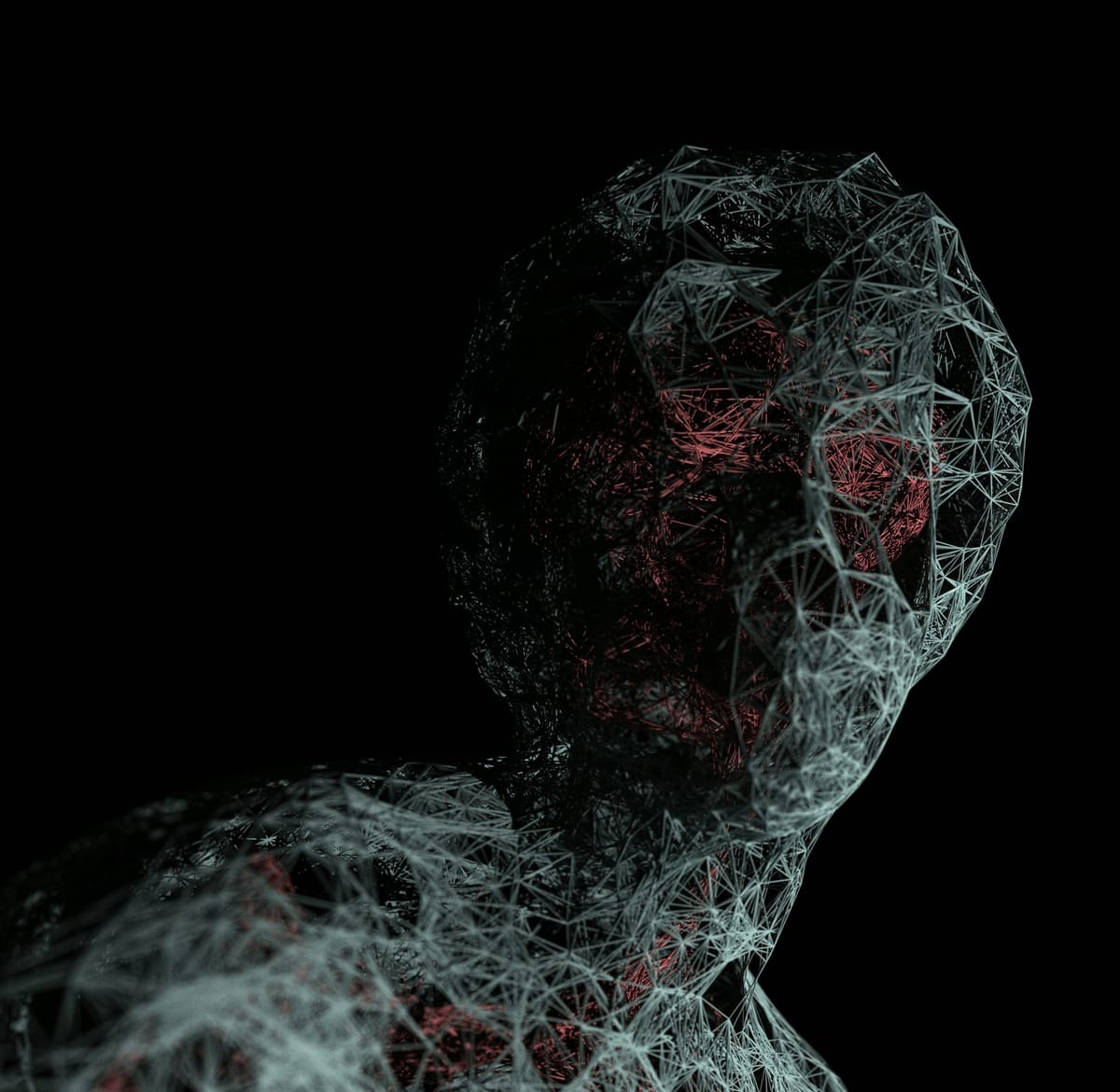Don't be a Blank Slate

A big problem with medical school is that it lasts for ages. By the time you become a baby doctor, you’re in your mid- to late-20s. In the time it takes to fully train a doctor, a child could be born and reach 5th grade.
But those years are still just school years for most of us. There are many challenges, but those challenges live within the well-formatted and highly regulated schooling environment.
Meanwhile, friends, relatives, and acquaintances start working and falling into the chaotic traps of real life. They have to deal with people’s biases and work around them. They begin to understand the fundamentals of internal motivations and how that impacts decisions.
School has that, but it’s a lighter version of it. Medical school is highly competitive, but no mortgage is on the line. Anatomy exams are difficult, but med students hardly ever have to fight to put food on their kid’s tables.
The world is messier than you expect. When you begin residency your age tells you you’re an adult, but having lived your whole life within a system that tells you what your next steps should look like is a crutch we don’t notice. We’re so distracted by working on specifics that we forget that the frameworks that allow for specifics have already been provided.
This combination of thinking we’re adults, but not having the experiences to substantiate it is dangerous. We think we can make our own decisions, but we are chronically exposed to picking up thinking patterns from the people around us once we start living in the real world.
When we respect how a senior doctor practices medicine, we tend to assume they also know best about everything else. We discard our principles with ease, mostly because our principles were in turn picked up from somewhere else. Spending so many years in school means we don’t have time to test our noble thoughts against the realities of a messy world.
So we borrow thoughts and actions from other people. That’s not bad in itself, but it’s risky, mostly because even the people we respect have biases we don’t share. We slowly become at odds with ourselves without really understanding why and how. We find ourselves in situations where we react unprompted, but we can’t properly hold our ground when our beliefs are questioned. We get angry and bitter and we don’t know why.
That limbo state where we’re not quite ready for our age is discomforting. All the while, we’re working in a system where being entrusted with someone’s life requires being even more mature than our age. We get the short end of the stick on both sides.
The problem that generates is how exposed we become to strong but wrong influences. We are blank slates waiting for other people to fill them. We think we have independent thoughts, but we haven’t fought to get them.
How to not be a blank slate?
Start by trying to have uncomfortable experiences that form robust sets of principles. They don’t even have to be original, but you have to know why you have them, and they must live in the real world.
Engage with people outside medicine. Be open to their perspectives and try to understand the seemingly unexplainable web of habits they develop. They don’t have a map to live by, and their experiences hardly ever included a Step 1 and Step 2. That makes them valuable.
Learn from them, so that your life doesn’t become a Carbon copy of someone who mentored you.
Especially if you think you want that.





